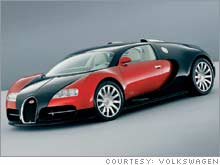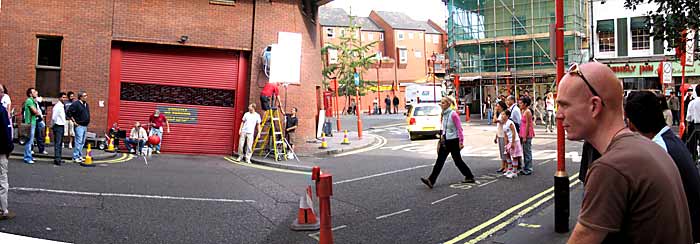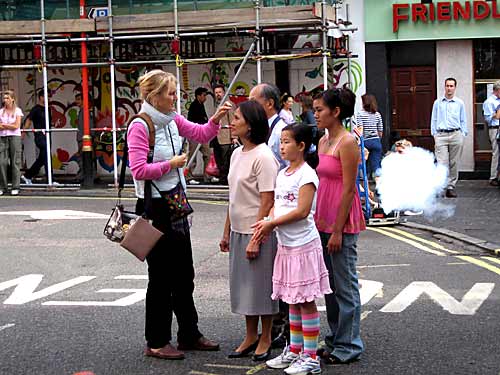The great — and as yet unanswered — question about the Internet is whether it is really a revolutionary technology, in the sense of a force that overturns the established order. In the heady days of the late 1990s some of us thought it might be just such a thing. But I vividly remember a conversation I had about this at the time with an eminent academic colleague, a seasoned analyst of revolutions, and a genuinely wise man. We were both attending a seminar in the Whiteley Centre on San Juan Island in the Puget Sound — one of the most beautiful places I’ve ever been. We sat on the terrace overlooking the sea, smoking and talking. I outlined my reasons for thinking that the Net would sweep all before it. He listened, shook his head thoughtfully, puffed on his cigar, and said “We’ll see. We’ll see”.
His scepticism was justified. After an initial period of shock, the established order is getting to grips with the Net. And the Chinese are ahead of the game — shamefully aided and abetted by companies like Yahoo and Google and News Corporation, as this excellent piece by Isabel Hilton in Open Democracy shows. Sample:
The sentencing of the Chinese journalist Shi Tao to ten years in prison for “leaking state secrets” has two disturbing aspects. First, that Chinese citizens continue to be harassed and imprisoned for dealing in information that does not threaten state security and which, in any less authoritarian country, would be considered part of the normal currency of information exchange; second, that the Yahoo company assisted the Chinese government to track Shi Tao down, an identification that led to his arrest in November 2004 and conviction in April 2005.
Any government has the right to look after national security. But in China, national security is used as a catchall category that allows the authorities to imprison people whom they perceive as a threat less to the national interest but to the interests of the Chinese Communist Party. For the party, these are the same thing. By any reasonable measure, they are not.
More: Thanks to Kevin Cryan for pointing me to George Monbiot’s Guardian column, which makes the point even more forcefully.





